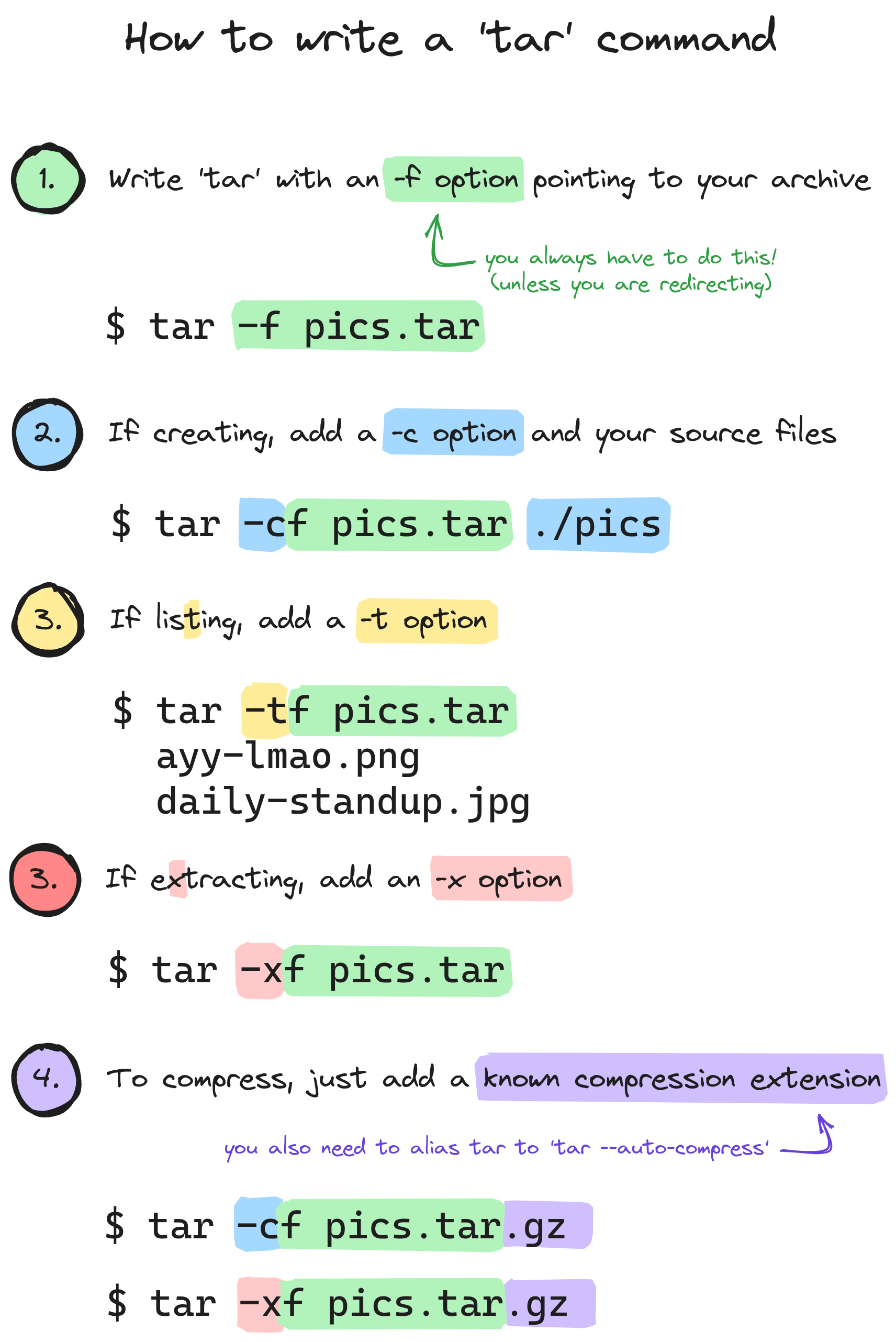this post was submitted on 18 Sep 2023
823 points (98.0% liked)
Linux
55542 readers
702 users here now
From Wikipedia, the free encyclopedia
Linux is a family of open source Unix-like operating systems based on the Linux kernel, an operating system kernel first released on September 17, 1991 by Linus Torvalds. Linux is typically packaged in a Linux distribution (or distro for short).
Distributions include the Linux kernel and supporting system software and libraries, many of which are provided by the GNU Project. Many Linux distributions use the word "Linux" in their name, but the Free Software Foundation uses the name GNU/Linux to emphasize the importance of GNU software, causing some controversy.
Rules
- Posts must be relevant to operating systems running the Linux kernel. GNU/Linux or otherwise.
- No misinformation
- No NSFW content
- No hate speech, bigotry, etc
Related Communities
Community icon by Alpár-Etele Méder, licensed under CC BY 3.0
founded 6 years ago
MODERATORS
you are viewing a single comment's thread
view the rest of the comments
view the rest of the comments

Why when explaining, giving examples of shell command are people so often providing shortened arguments. It makes it all seam like some random letters you have to remeber by heart. Instead of -x just write --extract. If in the end they endup using the tool so often they need to write it fast they'll check the shortcuts.
Does every Linux command have options as words instead of single letters?
Tar is as old as IT, that's why it's syntax is a bit special.
tar -xfis not really special combining short options isn't uncommon.Where tar is nonstandard is that you can leave out the
-,tar xfis actually how POSIX specifies it. And we've kinda come full circle on that one with many modern utilities using a command syntax, you can readtar xfas "tar extract file" just as you can readgit pullas, well, "git pull".If you want to see a standard command with truly non-standard syntax have a look at
dd.Nono, dash-parameters are new in fancy GNU tar. And POSIX is not old.
Many do as it's considered good practice, but it's not guaranteed, it just depends on the individual command (program). Usually you can use the
--helpoption to see all the options, so for instancetar --help.Most commands will have expanded arguments started with 2 dashes that usually look like '--verbose-name-of-option', they're usually listed in the man page/documentation along with the abbreviated letter version
They are random letters you have to learn by hard. No one uses the long form. If someone just needs to use it one time they will copy the line from somewhere.